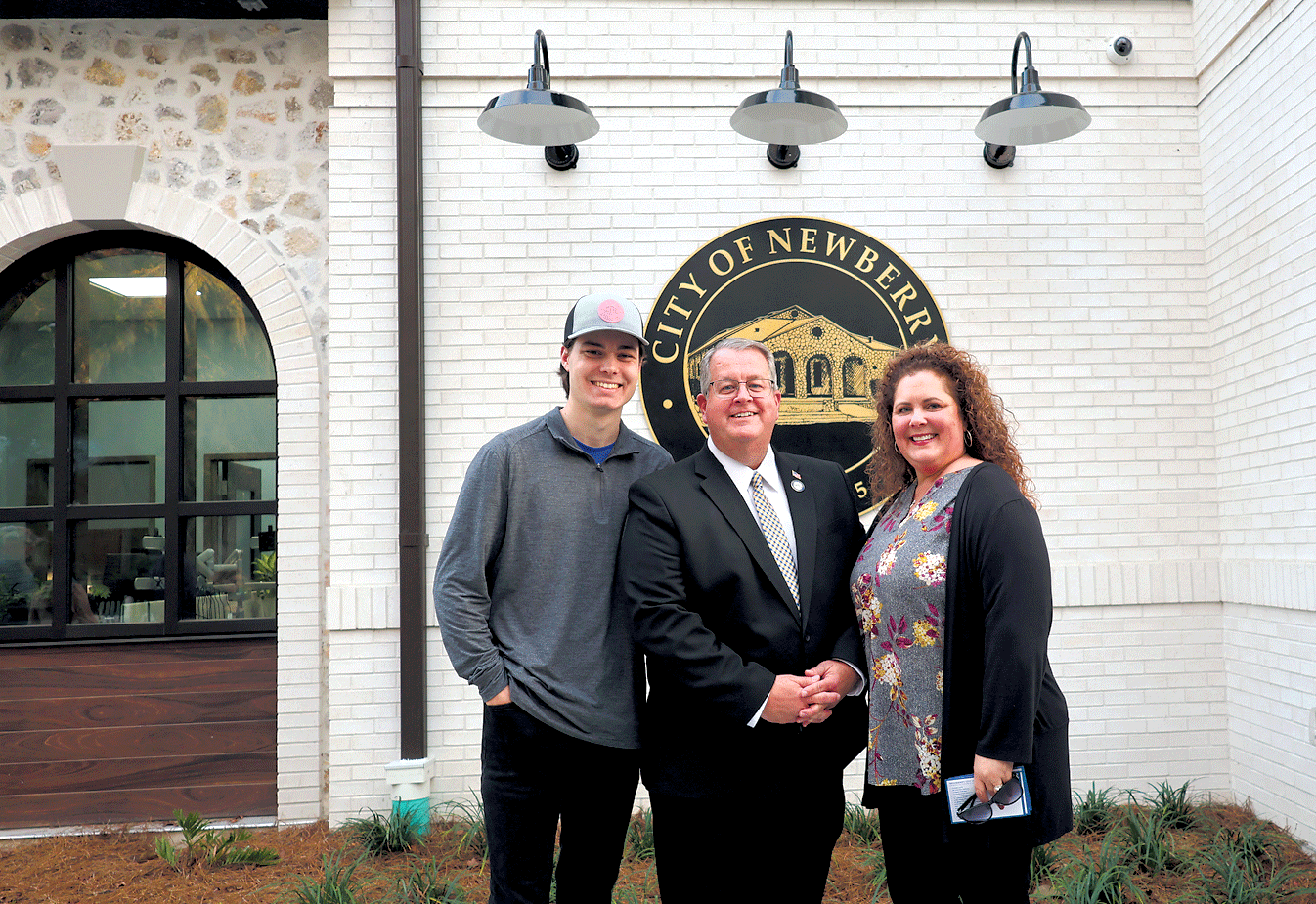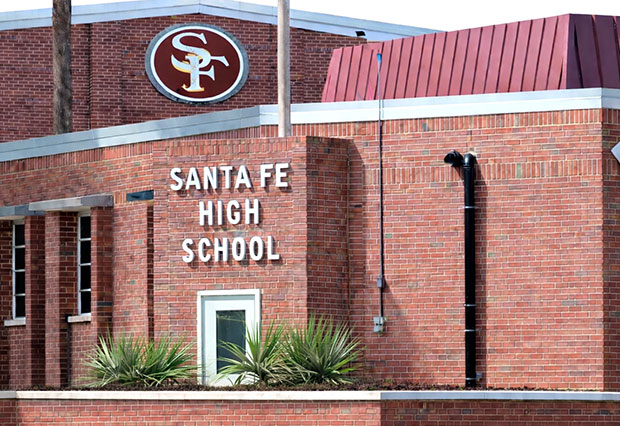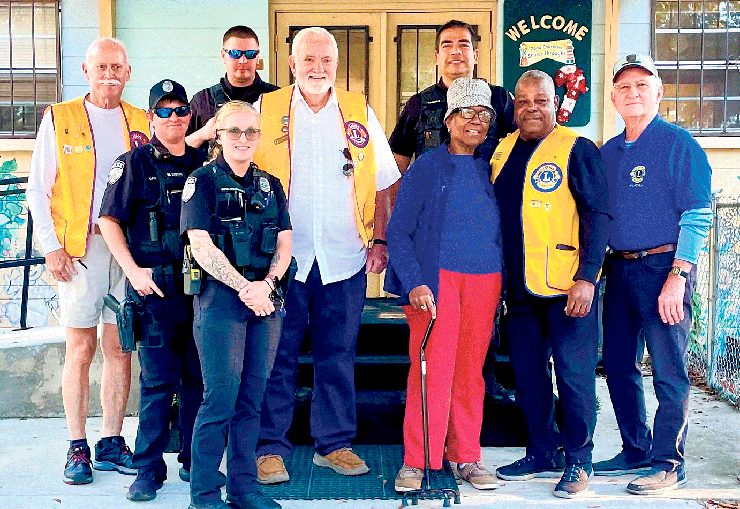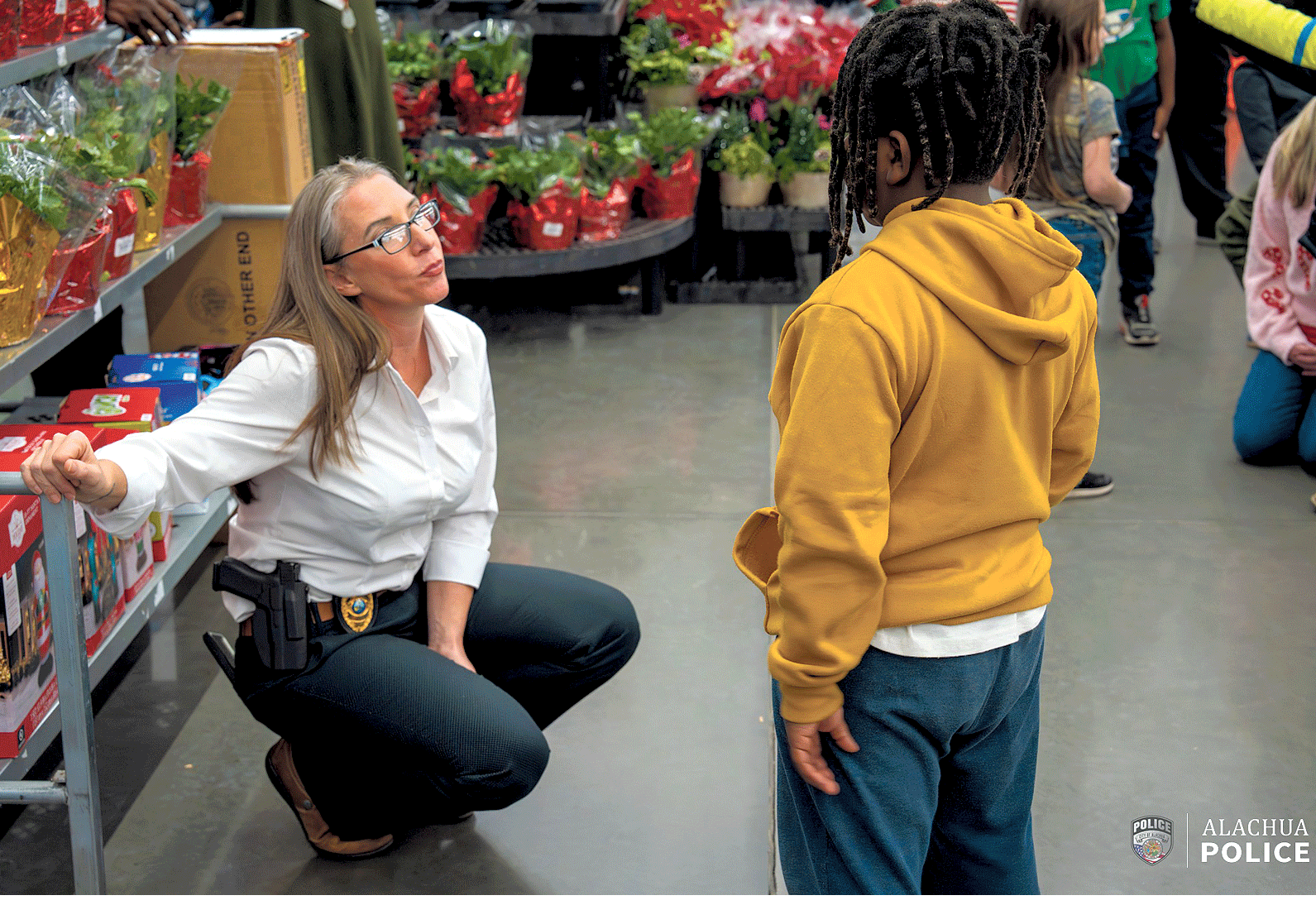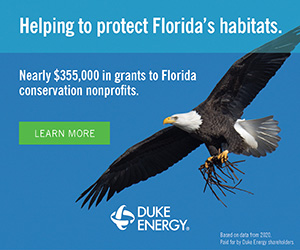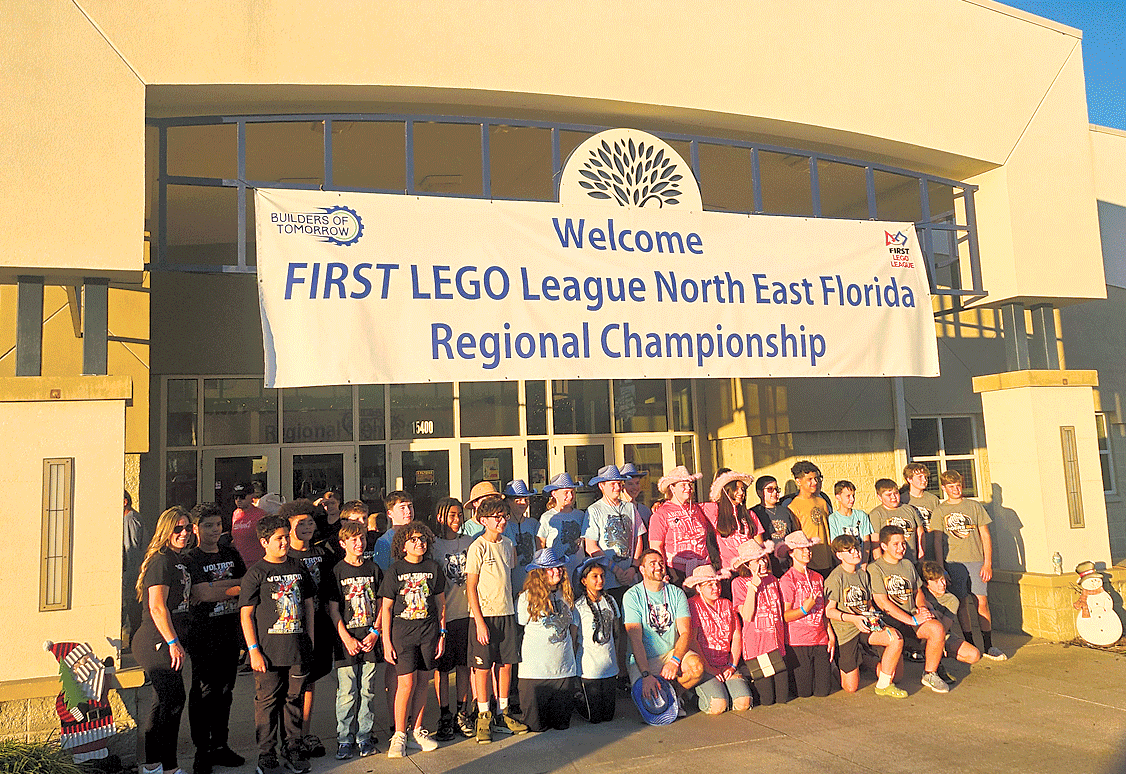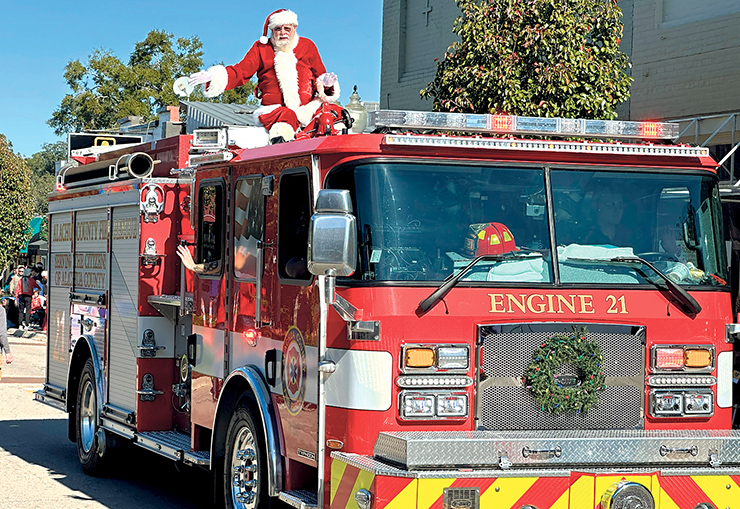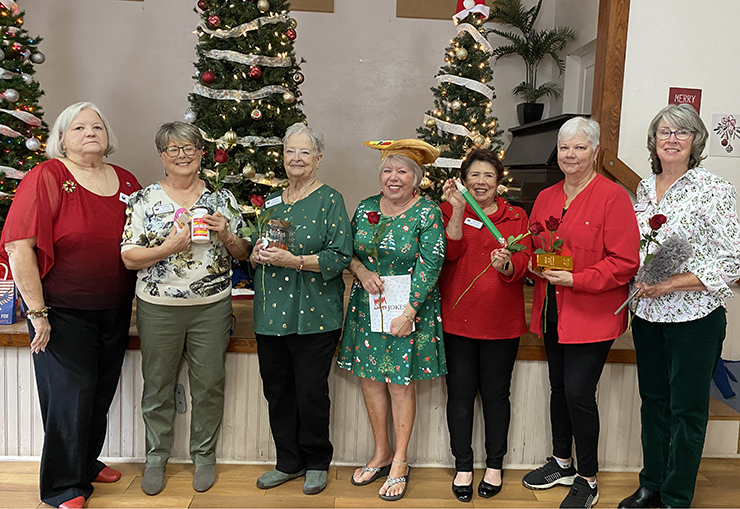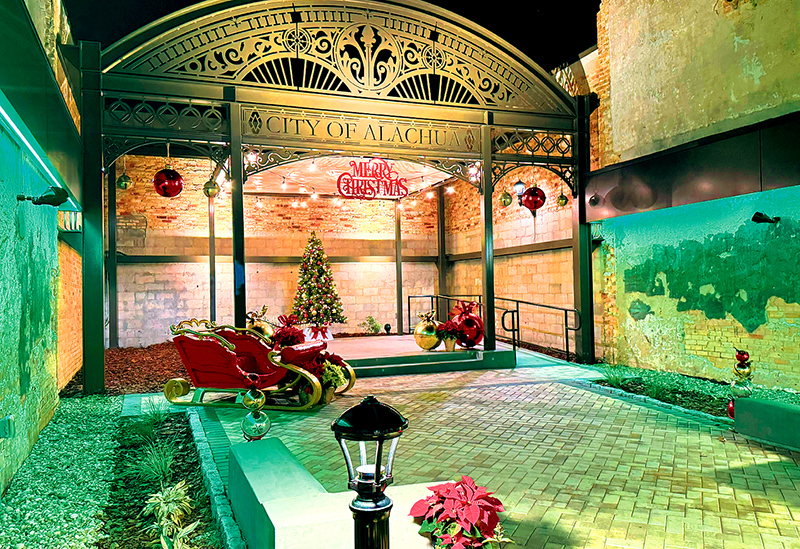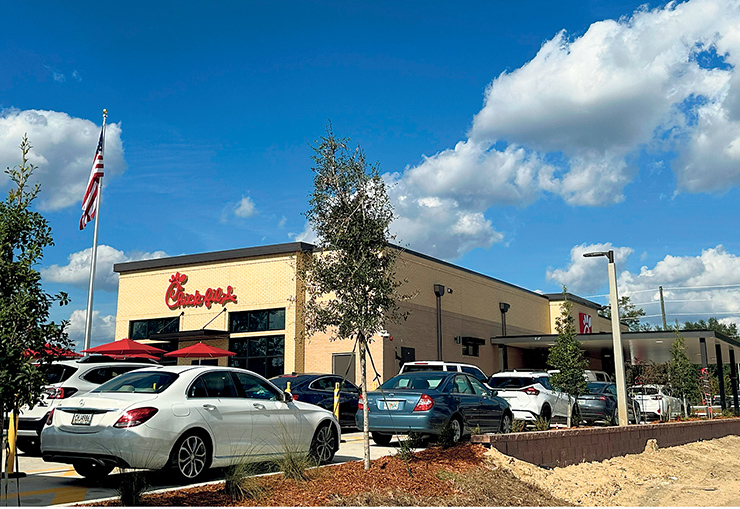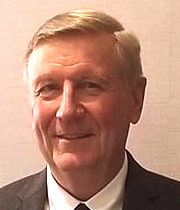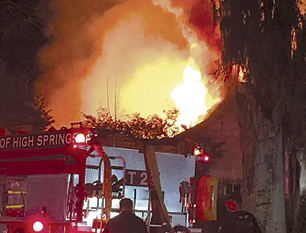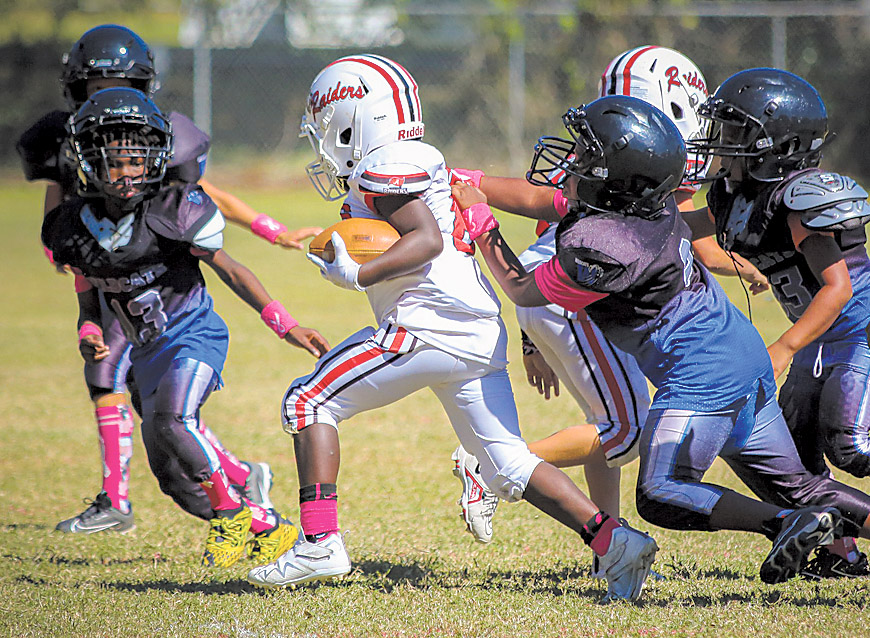FDLE Investigators, Attorney Separated from Employment | State Condemns FDLE For Sworn Complaints Despite No Crimes
ALACHUA – Criminal allegations against three Santa Fe High School administrators have been formally dismissed, abruptly ending a high-profile case that unraveled after more than two years of disruption to school life at Santa Fe High.
On Jan. 9, 2026, the State Attorney for Florida’s Eighth Judicial Circuit filed a No Information in each case — for retired Principal Timothy Wright, former Assistant Principal David “Mac” Rendek, and Athletic Director and Title IX officer Michele Faulk — dismissing all charges before formal prosecution ever began.
The dismissals mark the collapse of a controversial case initiated by the Florida Department of Law Enforcement (FDLE), which had accused the trio of violating:
- Fla. Stat. § 39.205(1) – Failure to Report Suspected Child Abuse (Third-Degree Felony)
- Fla. Stat. § 827.03(2)(d) – Child Neglect Without Great Bodily Harm (Third-Degree Felony)
Despite the severity of the accusations, no charges were ever brought against baseball coach Travis Yeckring, the figure at the center of the original FDLE complaints. The State Attorney’s decision not to proceed underscores what is now plainly stated in writing: no criminal conduct occurred.
“FDLE’s investigation of this matter has failed to establish sufficient evidence to believe that the defendant violated Florida Statutes 39.205.”
“FDLE has not charged Mr. Yeckring with child abuse and has confirmed that there is no ongoing investigation of Mr. Yeckring that could lead to such charges.”
The State Attorney’s memorandum raised concerns about how FDLE came to investigate the matter stating, “This type of matter would normally fall within the purview of either the City of Alachua Police Department or the Alachua County Sheriff’s Office. While FDLE has jurisdiction, when FDLE investigates conduct of this nature, it is normally because the local agency has requested FDLE’s intervention. Here, there was no such request.”
As first reported by Alachua County Today in July 2025, FDLE’s sworn complaints leaned heavily on secondhand accounts, inconsistent witness interviews, and allegations that evolved over time. Among the most serious accusations was that Yeckring had shown a student a “semi-nude” or “nude” photo of himself. FDLE seized Yeckring’s phone but never produced any image or direct evidence.
The State Attorney’s memo revealed that even FDLE itself conceded there was no crime to investigate:
“As the investigation neared completion, FDLE asked for an informal opinion as to the legal sufficiency of the charges that were ultimately submitted for prosecution. During that conversation, the agents explicitly stated that Mr. Yeckring had not committed any provable criminal act. There was no probable cause to believe that Mr. Yeckring committed an act of child abuse upon any person. The agents made it clear that no criminal case is forthcoming to this office against Mr. Yeckring for any charge.”
Despite that admission, FDLE still pursued felony charges against the school administrators. The State’s memo dismantled that approach:
“FDLE’s theory is that known conduct which is not illegal constitutes reasonable cause to suspect child abuse. The common definition of 'suspect' is rooted in the absence of evidence or proof, not in the combination of known, non-criminal facts.”
“Here, neither statutory law nor case law supports FDLE’s theory, and, therefore, the State of Florida cannot ethically advance it in court.”
The memo further noted that FDLE failed to do the very thing it accused the administrators of failing to do:
“As of the date of this writing, this office’s investigation has confirmed that FDLE has never reported the ‘cumulative suspected child abuse’ to DCF, nor has any parent of any child at issue here, nor has the Office of the State Attorney made any such report.”
“Given FDLE's explicit acknowledgment that no probable cause exists to charge Mr. Yeckring with an underlying act of child abuse, the State Attorney's office concludes that the essential element of ‘known or suspected child abuse’ necessary for the prosecution of the defendant(s)... is legally insufficient.”
The decision not to proceed came after more than six months of internal review, concluding with this sharp observation:
“Even when facts underpin the theory, there must be law or case law that supports the State of Florida charging a crime under that theory of guilt.”
Personnel Fallout Inside FDLE
The fizzling out of the case has not gone without consequence inside the Florida Department of Law Enforcement.
Alachua County Today has confirmed from sources speaking on condition of anonymity that all three FDLE personnel involved in the Santa Fe High School investigation are no longer employed by the agency.
FDLE investigators Barry Kays and Yolonda Carbia, who authored the sworn complaints and conducted the investigation and interviews, exited the agency following an internal review. That review looked into their conduct, leaking of information, and pressuring witnesses to alter their testimony.
FDLE attorney Taylor McQuaide, who reportedly signed off on search warrants and acted as regional counsel during the investigation, was also either terminated or asked to resign. No public record has been provided to clarify the circumstances of her departure.
FDLE has not issued any public statement acknowledging the separations or linking them to misconduct.
Meanwhile, Alachua County Today has confirmed that FDLE has not released its final findings, nor has it clarified the investigation’s scope. Despite public records requests pending for over a year, the agency’s Office of Open Government has yet to respond or produce any documents.
No apology has been issued to Faulk, Rendek, or Wright — each of whom was publicly named in sworn felony complaints, placed under intense scrutiny, and never afforded the opportunity to respond in court.
# # #
Email editor@
alachuatoday.com



